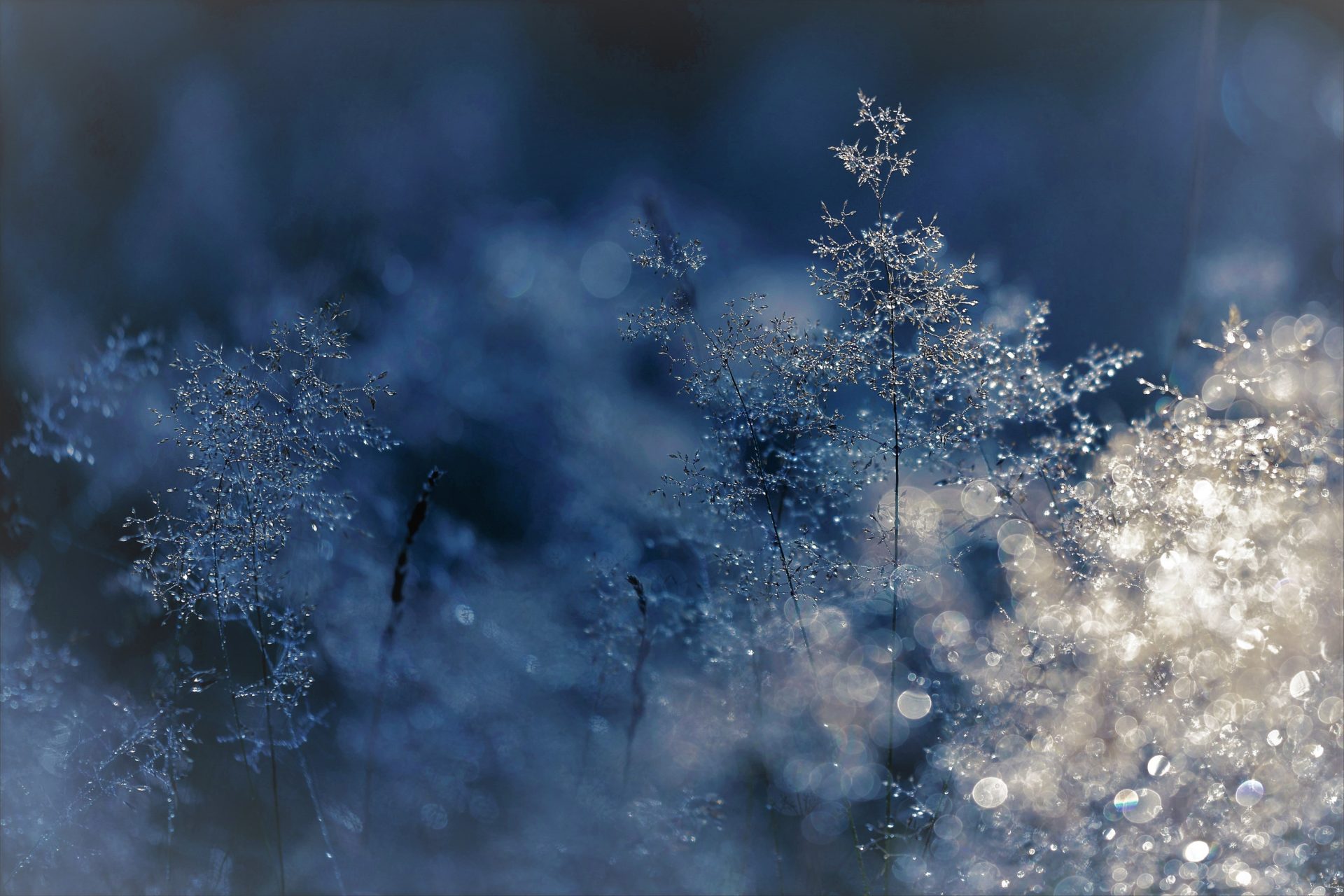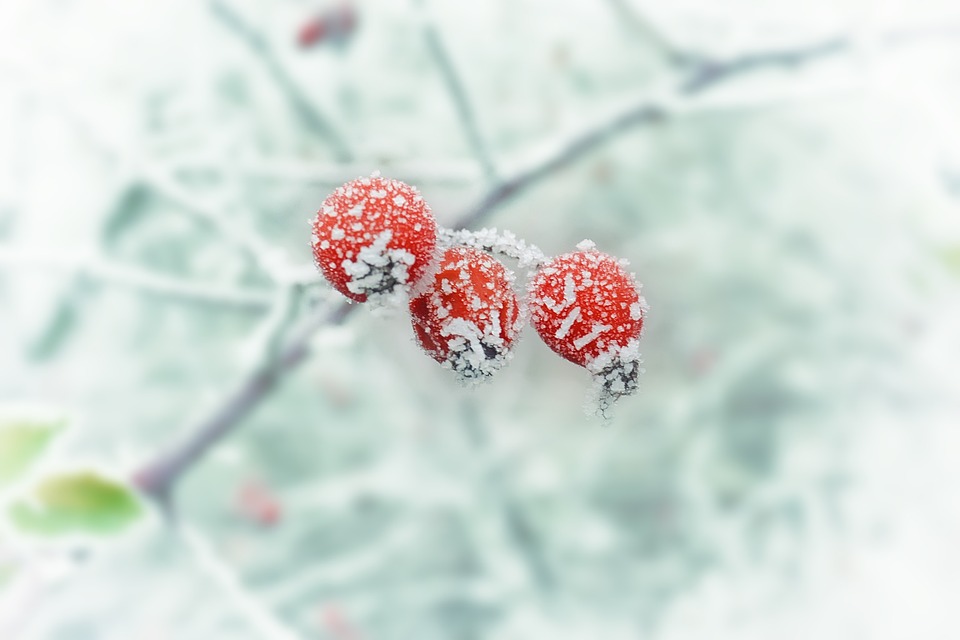It’s no doubt the weather impacts our daily routines. Therefore, it’s no surprise the weather alters our lawn care patterns. The shift in the seasons slightly changes our daily patterns, such as putting on a raincoat or bundling up when winter hits. We must learn to make these slight alterations to our lawn care habits as well. We believe one of the most important adjustments involves irrigation winterization.
Preparing Your Sprinkler for the Winter
Irrigation winterization is an extremely important step to follow when owning a sprinkler system. The summer weather isn’t a huge barrier to sprinkler systems. Therefore, there’s barely any maintenance that needs to be completed. Whereas, the colder seasons can do an irrigation system immense damage if it’s not properly attended to.
Your sprinkler system is at its peak performance during the summer. But, it needs a break from its tireless work. Your sprinkler system needs to prepare for winterization. The cold front is among us. Therefore, it’s time to prepare. Without proper preparation, your irrigation system can freeze and crack, leaving your system damaged and out of luck.
The Importance of shutting down your system
Irrigation winterization is imperative to your sprinkler system’s health. The upkeep of an irrigation system isn’t difficult. Although, there is one step that’s necessary, and that’s irrigation winterization.
Before Kansas has its first freeze, your sprinkler system needs to be correctly turned off. The water that fills your sprinkler unit in the summer can still reside in the pipes. Therefore, the water remains must exit the irrigation system.
An Aspen technician will come to your home to remove the excess water with an air compressor. If irrigation winterization doesn’t happen, your pipes will freeze. This is detrimental to your sprinkler system, as cracking typically happens. It’s important to ensure your sprinkler system receives a proper irrigation winterization program.




Socials